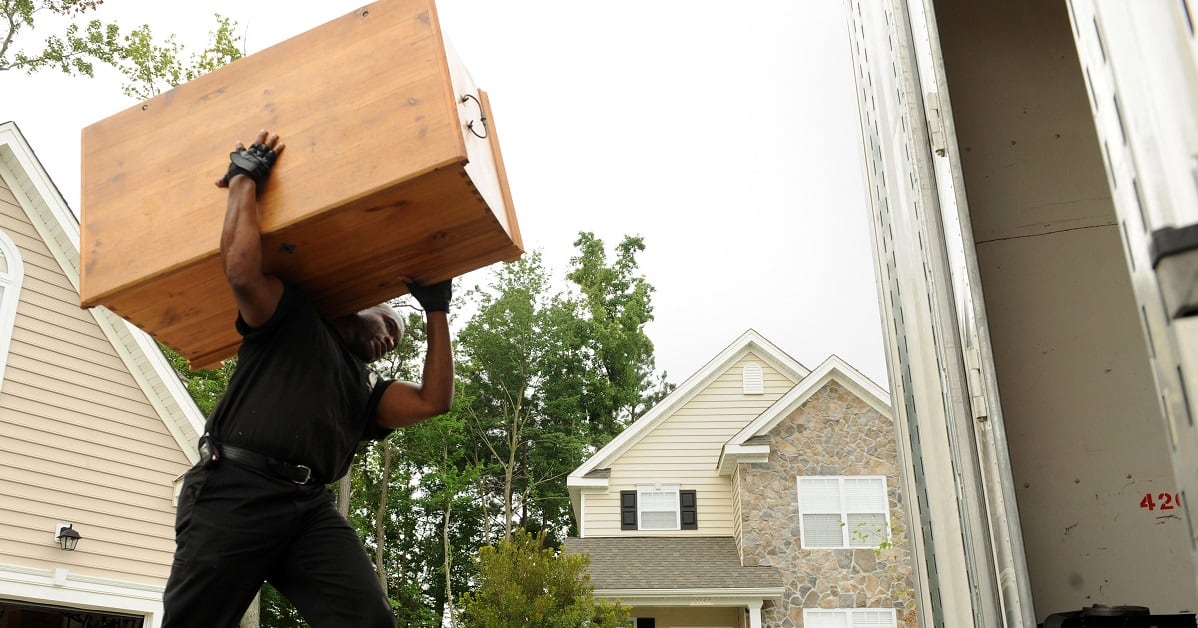WASHINGTON — Despite mounting concerns about the quality of today’s military housing, service secretaries testified Thursday that they still support the current reliance on private contractors to build and maintain homes for troops and their families.
“Yes, we have problems with some of our contractors, but overall I think our housing is in better shape,” said Air Force Secretary Heather Wilson during a sometimes-tense Senate Armed Services Committee hearing on the topic Thursday. “What we have today is better than what we had in the 1990s overall.”
Questions about the military housing system have surfaced in recent weeks as lawmakers have looked into news reports of mold, vermin, toxic paint and other problems at privatized military housing across the country.
RELATED

A study from the Military Family Advisory Network released earlier this month found that more than half of military families surveyed about their privatized housing reported having a negative experience with contractors overseeing the buildings. An Air Force review in the last two weeks found thousands of cases of unaddressed mold and maintenance problems at those homes.
Military officials have promised changes in coming months, including a new tenant bill of rights allowing troops to withhold rent from contractors while their concerns over housing conditions are being reviewed.
But they also pushed back on senators’ concerns about whether the problems amount to an indictment of the privatized housing model, in place for more than two decades.
That shift was made because of concerns with the quality of on-base housing in the early 1990s, when Defense Department was still responsible for construction and maintenance of those homes. About one-fourth of service members today live in privatized homes, with their monthly housing allowances going directly to outside companies.
Wilson and Army Secretary Mark Esper said despite the recent oversight issues, the privatized housing push has produced a higher quality of housing overall across the force.
“Any program over time need adjustments,” Esper said. “But this is still a workable model.”
Still, he added, the on-base private housing market “clearly isn’t working as intended.”
RELATED

Navy Secretary Richard Spencer said he believes the key is not upending the system but providing better oversight of contractors that may fail to do their jobs. He acknowledged that military leaders have not been aggressive enough in doing that.
“We need to hold them to the standards in the contract,” he said.
Wilson said she wants leadership to review financial incentives for contractors, to ensure that problematic behavior is being punished.
Senators at Thursday’s hearing said they have concerns that the use of private contractors has removed local commanders’ sense of responsibility to keep track of the housing problems. Sen. Mike Rounds, R-S.D., said he wants to see military officials take problematic contractors to court, on breach of contract and negligence charges.
Service officials said they are reviewing those options.
Leo covers Congress, Veterans Affairs and the White House for Military Times. He has covered Washington, D.C. since 2004, focusing on military personnel and veterans policies. His work has earned numerous honors, including a 2009 Polk award, a 2010 National Headliner Award, the IAVA Leadership in Journalism award and the VFW News Media award.




